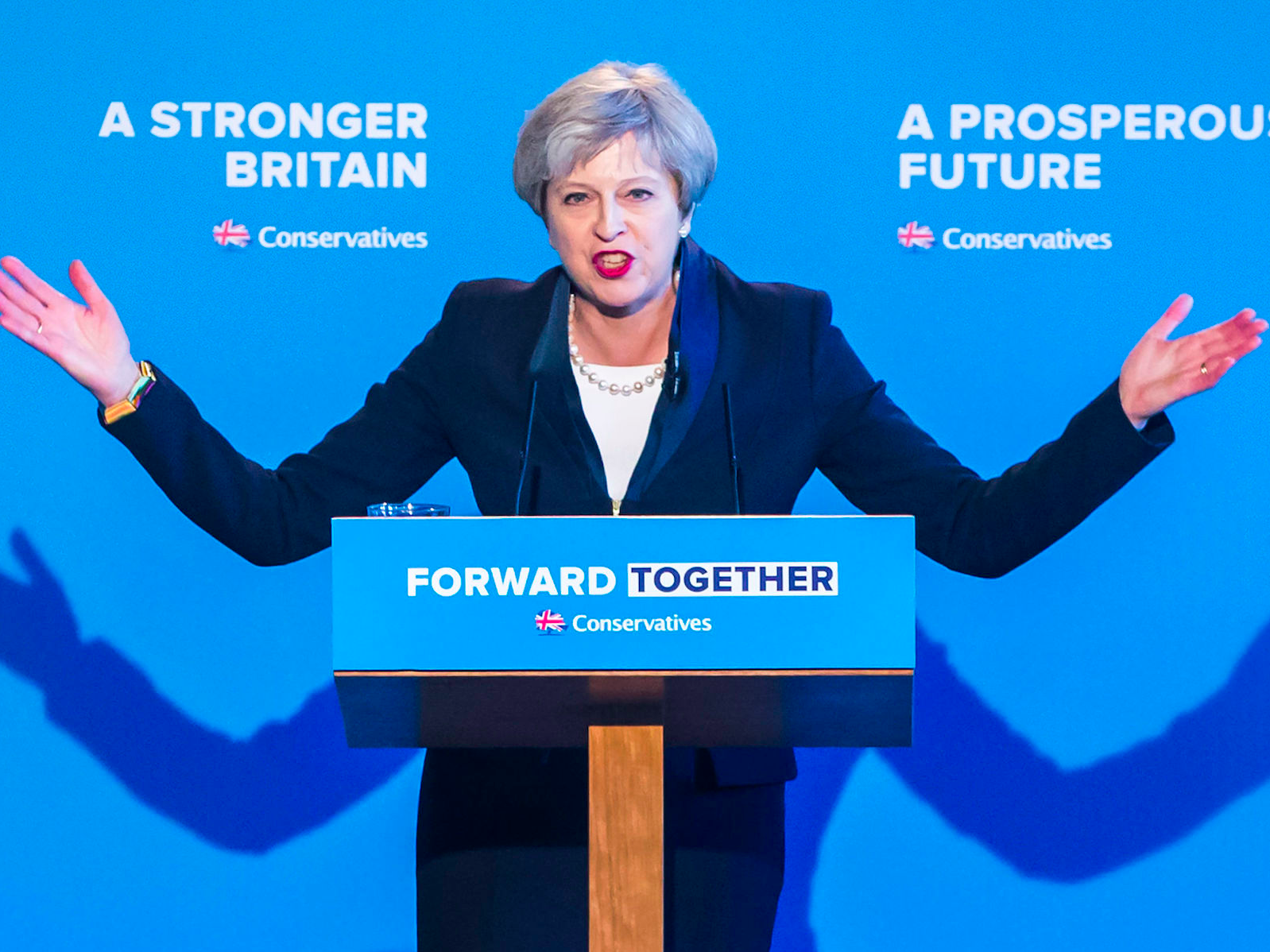LONDON – It is really difficult to accurately calculate how much Britain will be forced to pay the European Union once it leaves the bloc but the “best guess” for a total amount is “somewhere around the €30 billion (£25.7 billion, $33.34 billion) mark,” according to Professor Iain Begg.
This is half of what European Commission President Jean-Claude Juncker previously proposed.
Begg, a senior fellow of The UK in a Changing Europe and professorial research fellow at the European Institute, London School of Economics and Political Science, wrote an article in conjunction with Prospect magazine. It gave five reasons why calculating a final Brexit divorce bill amount is “complex and messy.” Here are his points, summarised:
1. Commitments already made to the EU – For example, if Britain as an EU member agreed in 2015 to pay its share for a large infrastructure project, but that project was not set to start being built until 2021, where does that leave the UK? Will it still have to pay a share of it even though the building has not even started?
2. Brexit will happen before the end of the EU budget cycle – “The EU budget is set in a seven-year framework lasting from 2014 until the end of 2020, with the broad headings of expenditure agreed in a Council regulation dating from 2013,” says Begg. Therefore, when Britain leaves the EU on March 29, 2019, this means it will exit before that full budget cycle has ended. Begg points out that there will be talks about whether Britain should be liable to pay its share of the budget for the seven quarters it is not part of the EU.
3. Pensions – Will Britain have to still pay for the pensions of employees at EU institutions who retire while Britain is still part of the EU?
4. Assets the UK bought – Britain is pushing for the European Union to hand over a large slice of its assets – which includes cash and property – after Brexit. And this could offset some of the payouts.
5. EU spending in Britain – It “has run at around €7bn per annum recently, and deducting these payments would reduce the bill substantially,” says Begg.
The EU has repeatedly said Britain will have to settle its debt to the bloc and agree an amount to pay before Brexit talks can properly begin. The amount has ranged from a €60 billion (£50.8 billion) settlement that was previously proposed by European Commission President Jean-Claude Juncker, to as much as €91 billion (£77 billion) and €113 billion (£95.6 billion).
But official settlement talks have not even started yet. This is why there is a range of estimates on the bill.
Meanwhile, Prime Minister Theresa May's government is reportedly pushing to offset whatever it can to bring the bill down. This includes "substantial share" of the EU's assets, worth more than €150 billion:
- Cash - €21.7 billion. Property - €8.7 billion. Saleable financial assets - €9.6 billion. Money in EU budget contributions that have not been paid by member states - €10.4 billion. Money that was contributed to projects that may not be completed - €45.2 billion. Repayable loans to member states - €56 billion.
So the talks around how much Britain owes the EU is going to be a long and complex process. That is even before Britain gets to start formal Brexit talks.
"These fluctuations underscore how tricky working out the divorce bill will be. Using the 2016 share would result in a demand more than 20 per cent higher than the 2014 share. Conversely, basing what the UK owes on the 2016 actual payment to Brussels would mean a significantly lower figure," said Begg.
"What, therefore, would be a reasonable amount? No one really knows-it is, after all, a negotiation on many fronts, and it must be expected that a satisfactory outcome on the money will influence other dimensions such as the quality of a trade deal.
"Best guess? Somewhere around the €30 billion mark."

